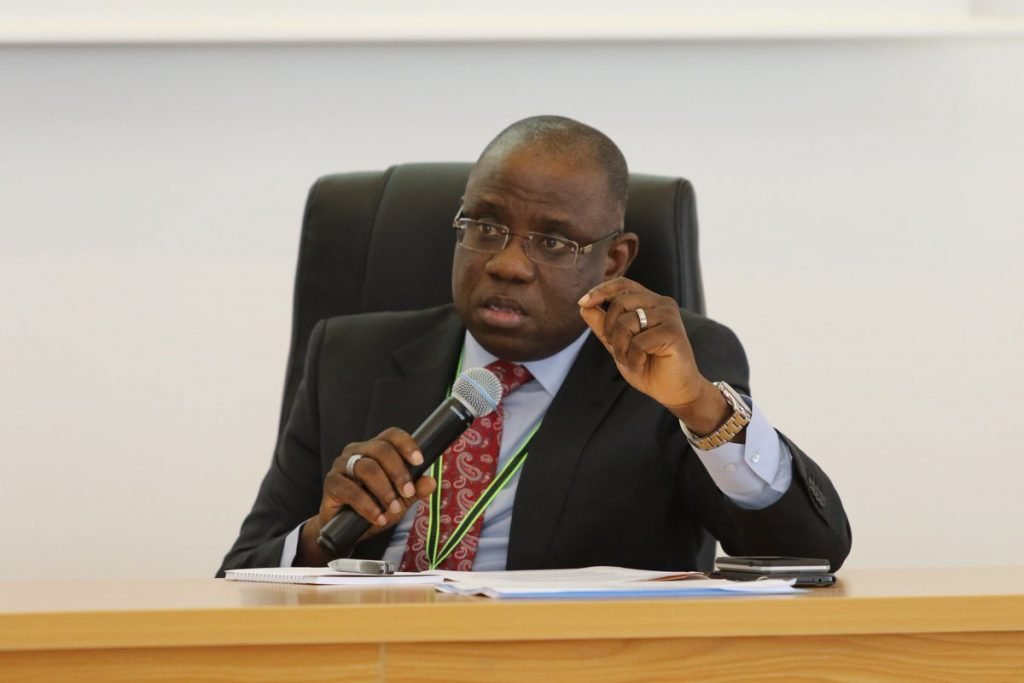
Mkpoikana Udoma
Port Harcourt — The Nigerian National Petroleum Company Limited, NNPC Ltd, has reaffirmed its strategic shift toward gas development, unveiling plans to expand investment in Liquefied Petroleum Gas, LPG, Compressed Natural Gas, CNG, and mini-LNG projects as part of efforts to boost energy access and reduce dependence on imported fuels.
Group Chief Executive Officer of NNPC Ltd, Engr. Bayo Ojulari, made this known at the 2025 OTL Africa Downstream Energy Week in Lagos, saying the company was deepening its commitment to “a cleaner, more resilient energy future” for Nigeria.
Speaking on the conference theme, “Energy Sustainability: Beyond Boundaries & Competition,” Ojulari said the company’s renewed focus on gas development aligns with the Federal Government’s Decade of Gas Initiative and Nigeria’s broader transition agenda.
“At NNPC, we are diversifying into LPG, CNG, and mini-LNG projects to create a reliable gas-based energy system that supports industries, transport, and households,” Ojulari said.
“These projects will help us cut carbon emissions, improve energy access, and strengthen Nigeria’s role as Africa’s gas hub.”
He disclosed that the company was already working with domestic and international partners to expand existing gas processing and distribution infrastructure. “We see gas not just as a transition fuel, but as a destination fuel that will power the nation’s future,” he added.
Ojulari emphasized that the company’s downstream operations are being repositioned to integrate natural gas into the fuel mix, noting that NNPC’s infrastructure investment drive would “enable gas adoption across the entire energy value chain.”
“As part of our strategy,” he continued, “we are revamping depots, pipelines, and terminals to support product diversification. The aim is to make gas available, affordable, and accessible to every Nigerian household.”
The GCEO said collaboration with the private sector was crucial to achieving this vision, stressing that “NNPC’s facilities will remain open to investors and partners who share our ambition to grow Nigeria’s gas economy.”
He called on conference participants to explore opportunities within the emerging gas value chain, describing it as a frontier for economic diversification, job creation, and energy sustainability.
“With over 200 trillion cubic feet of proven reserves, Nigeria cannot afford to remain a net importer of energy products,” Ojulari stated. “Our goal is to convert our gas wealth into tangible prosperity for our people.”
The OTL Africa Downstream Energy Week, Africa’s foremost downstream and midstream energy event, convenes international organizations, regulators, and investors to discuss reforms, technologies, and strategies shaping the continent’s energy transition.
This article was originally posted at sweetcrudereports.com
Be the first to comment